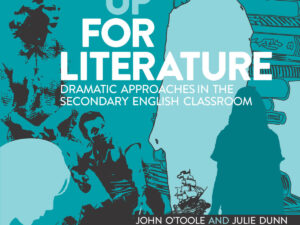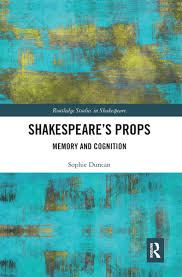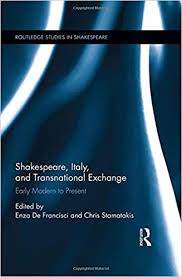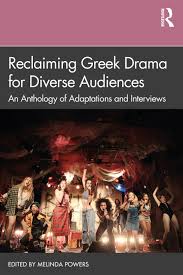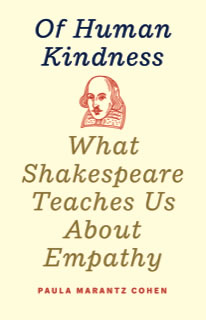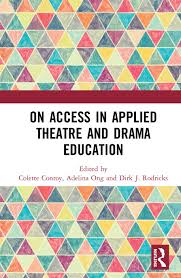Stand Up for Literature Dramatic Approaches in the Secondary English Classroom
Stand Up For Literature: Dramatic Approaches in the Secondary English Classroom is a contemporary guide for teachers, offering interactive and embodied ways to bring literary and spoken texts to life.

